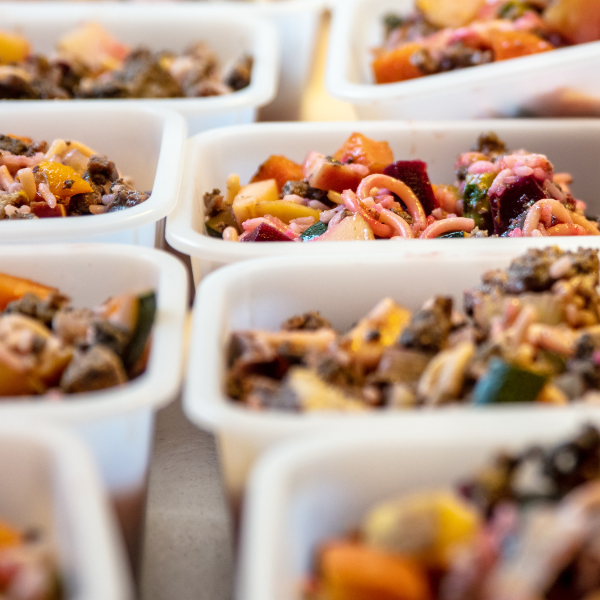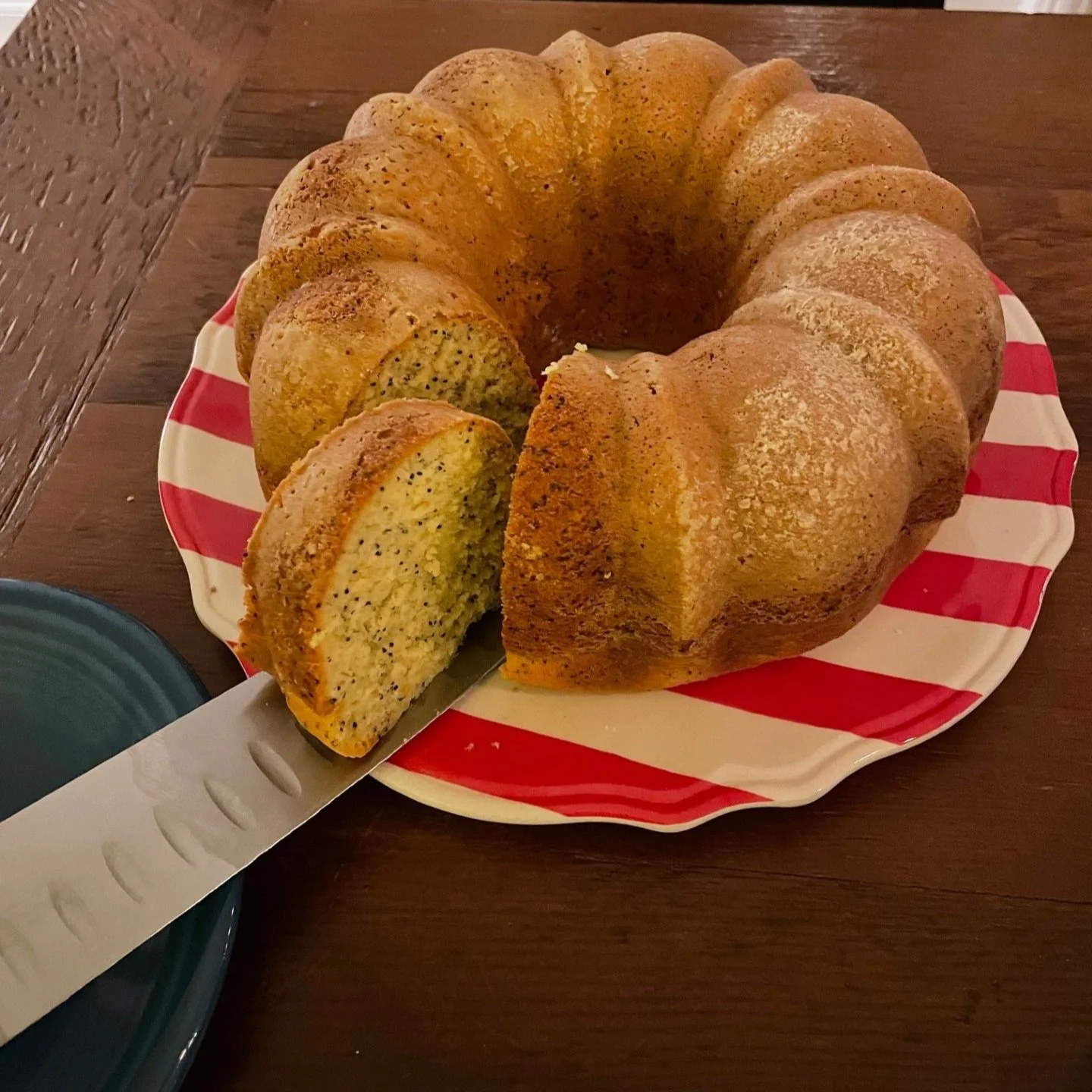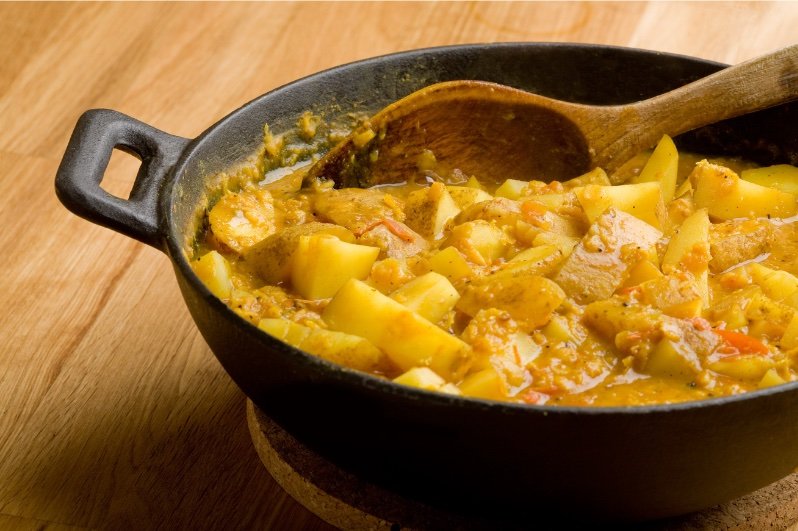Eating Healthy on a Budget: Lori's Top Secrets
/By Lori Kampa — Last Updated: July 8, 2024
Eating whole foods on a budget might seem like a tall order. Trust me, it’s doable, and it can even be fun!
Permit me to share a bit of my story with you. In 2012, I was in a severe bicycle accident that resulted in a traumatic brain injury. After two years of little progress in healing from my TBI and being unable to work, I decided to take matters into my own hands and hired a health coach. It turned out that the unhealthy way I was eating was hindering my recovery. My healing was so profound after switching to an anti-inflammatory diet that I became a nutrition health coach and a yoga instructor. Why didn’t I know that what we eat can change everything?
With a limited income from disability and the added expenses of holistic healing, I needed to get creative about feeding healthy meals to my family of four without going broke. Whole foods like fruits, veggies, grains, nuts, and lean proteins became the backbone of my diet. They're packed with nutrients our bodies crave, especially when healing, and they’re fantastic for overall health.
The first step was cutting out takeout and restaurants and opting to prepare meals at home instead. Cooking at home is generally less expensive and allows you to control the ingredients, making it much easier to eat whole foods. I started experimenting with simple recipes that required minimal ingredients and delivered flavor and nutrition, which is still my focus today.
The food industry often tries to convince us that sugary, processed fast food is a great deal; that "value menu" is anything but valuable for our health and wallets. Investing in nutrient-dense foods is one of the highest forms of self-care we can practice: We all deserve to feel our best.
With a bit of planning and some smart shopping tips, you can enjoy natural, delicious meals without breaking the bank. Here’s how you can embrace whole-food eating without busting your budget:
1. Plan Your Meals and Snacks
Planning is the key to budget-friendly eating, and it's a skill that anyone can master. By creating a meal plan, you avoid impulse buys and food waste. Consider preparing large batches of meals like stews, soups, or casseroles that can be eaten throughout the week or frozen for later. I consider myself a lazy cook, so I cook once, and we eat it for a few meals; I’m always so grateful to my past self when I pull a healthy homecooked meal from the freezer.
2. Buy in Bulk
Bulk-buying can be a fantastic way to save money, especially for non-perishable items like grains, nuts, seeds, and dried beans. These staples are essential in a whole-food diet and have impressive shelf lives. For instance, dry beans and rice can be stored in a cool, dry place for up to six months, while nuts and seeds stay fresh for several months in the refrigerator. I'm obsessed with jars and love keeping my seeds and other go-to healthy items chilled.
3. Shop Seasonally and Locally
Seasonal produce is often cheaper and fresher than store-bought out-of-season options. Farmers' markets and local produce stands can offer good deals on seasonal fruits and vegetables. Plus, supporting local farmers means your food hasn’t traveled as far, which helps it retain more nutrients.
4. Embrace Frozen and Canned Options
Frozen fruits and vegetables can be just as nutritious as their fresh counterparts and often come at a lower cost than buying fresh. Opt for canned items with no added sugars or salts to keep them as natural as possible. These options are perfect for when certain produce is out of season and for whipping up quick meals. I always keep cans of organic diced tomatoes, black beans, and coconut milk on hand for speedy meals. Plus, I love using frozen shortcuts like diced peppers with onions, sweet potatoes, and cut broccoli to whip up a quick stir fry.
5. Use Every Part of the Food
Reducing waste is a fantastic way to save money while getting creative in the kitchen. Use vegetable scraps for broths, wilted greens in smoothies, and overripe fruits in baking. If you cannot use it right away, throw it in the freezer for later. At home, we make a point to use everything we buy. One of my favorites is "everything but the kitchen sink" soup—just toss all your leftover veggies into a broth-based soup for a delicious, cost-effective meal.
6. Look for Discounts and Sales
Check your local grocery store's sales! Many stores have a discount section for ripe fruits and vegetables that need to be used quickly and are perfect for immediate cooking or freezing. If there is a sale on something you love that has a more extended shelf or freezer life, stock up with some extras.
7. Focus on Nutrient-Dense Foods
Opting for nutrient-dense, filling foods can be more cost-effective in the long run than eating processed fast food. Sweet potatoes, beans, and oats are excellent choices that offer great nutritional value for their cost.
As a National Board-Certified Health Coach, I discuss this important topic with many of my clients, and we always find creative ways to make it work. With some forward planning, savvy shopping, and embracing cooking at home, you can feast on a healthy diet that's kind to your wallet.
Happy Eating!
Want to dive deeper into this? Join Lori for a virtual wellness workshop with Green Lotus on "Healthy Eating on a Budget" on August 13, 2024, at 6 p.m. Discover how to maximize your grocery budget without compromising on nutrition. Learn over 20 practical shopping strategies that will save you money on your first shopping trip, and enjoy easy, budget-friendly recipes. Click here to sign up and reserve your spot.
Whether you're joining from home, your office, or even your cabin, this interactive online workshop will equip you with everything you need to eat well on a budget.
Practice or study with Lori
Lori Kampa Kearney is a Certified Integrative Nutrition Health Coach, Wellness Educator, and 200-hour-certified yoga instructor. She has been teaching yoga since 2014 and specializes in vinyasa power yoga, gentle yoga, and chair yoga. As a Certified Integrative Nutrition Health Coach, Lori teaches busy professional women how to stay energized, reduce fatigue, improve brain clarity and overall health, and revitalize their outlook on life. Lori helps women over 40 who struggle with anxiety, depression, divorce, and/or pain in their bodies to feel better physically and mentally and to connect to everything around them mindfully. Using the principles of clean eating, self-care, and mindfulness, she helps her clients take the mystery out of eating well and have fun making the transition to a healthier lifestyle. Lori facilitates wellness workshops at Green Lotus that dive into reducing stress, kicking sugar, detoxifying the body, learning secrets to sleep, and so much more.



































